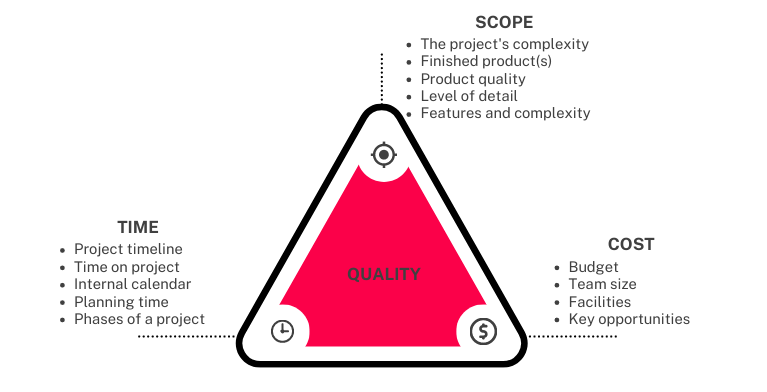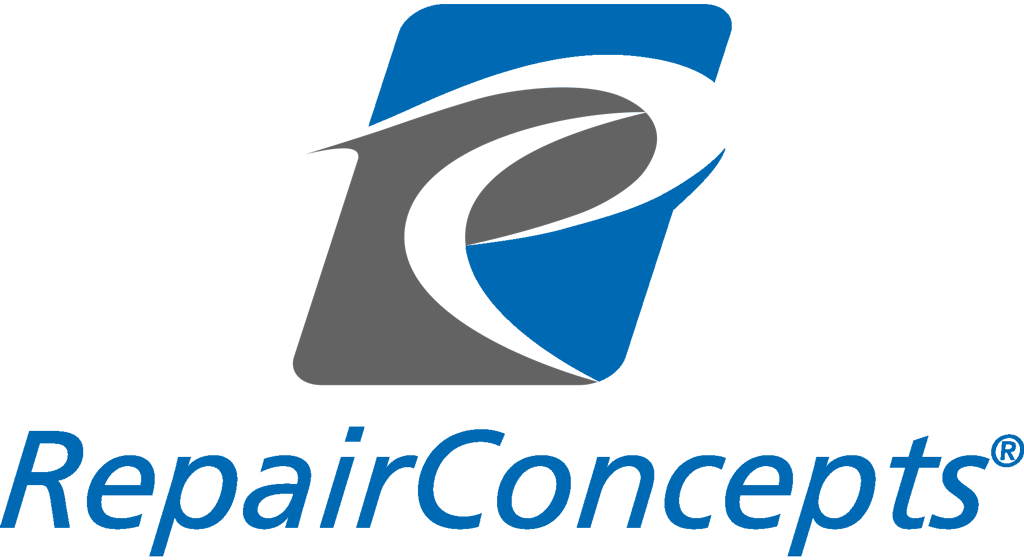Choosing Your Software Development Partner: Key Factors to Consider
Let’s say you want to outsource a software project. You’ve already done your homework. You’ve decided what you want to make, what problems you want to solve with that product, you’ve written down the requirements, you have a budget, etc. But now it’s time to choose the software agency. You look at Clutch and see that there are nearly 30,000 companies doing software development… Choosing will be tough with that many options. That’s why we have prepared some factors to consider while choosing a software development partner.

Experience in Similar Projects and Domain Knowledge
Before making any decisions, delve into the agency’s past projects. Your software agency should have relevant experience. Once the software development agency has a deep understanding of the specific challenges and requirements typical to your industry or domain, they can advise you better. If they already have the knowledge, proven methodologies, and best practices – you get to have the peace of mind. Look for case studies or success stories that demonstrate their proficiency in handling projects similar to yours.
To read more about whether industry expertise in software development matters – check out this article: Industry Expertise in Software Development: Does it Matter?
On top of that, assess the agency’s technical proficiency. Ensure that their team is well-versed in the relevant technologies and frameworks. Check if they have the specific skills required for your project, including proficiency in tools and languages essential for its successful completion.
References and Reputation
Seek out testimonials and reviews from previous clients. Pay particular attention to feedback related to communication, problem-solving, and the overall project experience. For that, you can check websites like Clutch, The Manifest, G2, etc. The reviews there are more reliable than reviews the company has on its own website – since those reviews are independently verified. If possible, research their previous clients and contact them to ask questions directly. I’d also recommend contacting your network to check if they know anything about the company. Usually, you can learn way more about a company through such research. This will help you before choosing a software partner that may look great on the Internet, but does not meet expectations in real life.
Collaboration
To be honest, to ensure project success you and your software development agency should be like partners. You need to share the same values, understand each other, have the chemistry and be on the same page. That’s why it’s important to pay very close attention to your interactions – is the agency transparent? Are they focused? Well-organized? Do you get quick responses? Those aspects are very telling and can reflect what your cooperation may look like in the future.
One thing is for sure – if you haven’t started a project yet, and you’re already annoyed with their communication or style of work, maybe don’t pick them as your software development partner.
Pricing and Rates
Seek clarity on the agency’s pricing structure. It is important to establish from the outset how fees will be charged. Be aware of any hidden fees and understand the overall cost structure. Determine whether they offer fixed pricing, hourly rates, or a combination based on your project’s needs. You can tell that the company is professional if they’re very transparent with the pricing. You should also be aware of what will happen in case of emergencies – e.g. change requests, bugs, incidents, etc. Are they charging you extra for that or is the cost for those included? Additionally, consider the overall value the agency provides in relation to their pricing. Assess whether their services align with your budget constraints and project requirements. A balance between cost and quality is essential for a satisfactory outcome – meaning that going for the cheapest price may not be the best choice in the long run.
If you’d like to read more about picking the right pricing model – we talk more about it in this article: Evaluating the ROI of Fixed-Price vs. Other Pricing Models in Software Projects.
Project Management
The concept of project management is a very broad term. Therefore, I will divide this point into three important topics: methodology, risk management, and ensuring product quality.
Methodology
Understand the project management methodology the agency follows. Whether it’s Agile, Waterfall, or a hybrid approach, ensure it aligns with your preferences and project needs. To determine which one is best, you can ask yourself the below questions:
- Do we have all requirements gathered and well described (Functional and Non-Functional Requirements, Initial mockups, etc.)?
- Do we have a fixed budget and/or a fixed timeline?
- Do we consider releasing the project/product as an MVP (Minimal Viable Product) with core functionalities first, or would we prefer to have frequent deployments with new features on production every iteration?
- Do we know what are the priorities (which functionalities should go first)?
- What is our ‘risk appetite’ – are we open to starting a project without finished requirements, in Agile methodology (having in mind that in case of adjustments communicated from the business owner during the project timeline and budget might be increased)? Or do we prefer to spend more time in the initial requirements phase and cover every single aspect and scenario?
Remember, a good software development partner should share recommendations and the best methodology approach based on your requirements.
Risk Management
The ability to handle unforeseen circumstances is a testament to an agency’s experience. Inquire about their risk management strategies and emergency plans. Are they prepared for the worst? Do they have measures and strategies in place to minimize risk? Do they report on risks? Transparent communication regarding potential risks and how they plan to address them is a sign of a responsible and reliable partner. If your software development partner says that they never made a mistake and nothing bad will happen – run.
Ensuring Product Quality
Even though the service your potential software partner provides is great and they seem like a great partner – in the end, what matters most is the quality of work they do. After all, code quality is at the heart of any software project. Investigate how the agency maintains code quality throughout the development process. Are they committed to regular code reviews and comprehensive testing? A proactive approach to quality assurance helps identify and rectify issues early in the development cycle, preventing costly setbacks later on.

Financial Stability
The financial stability of a software agency is a critical factor that can directly impact the long-term success of your project. There is nothing worse than hiring a company that, after a few months of work, declares bankruptcy and does not deliver your project. Unfortunately, such cases have been increasing recently.
I recommend examining the agency’s financial stability and track record. How long have they been in business? A company with a proven track record is more likely to provide stable and reliable services. Assess their ability to support long-term projects and inquire about their experience with similar projects in terms of scope and complexity. Make a background check and ask many questions. You may also ask for financial statements – although be prepared that some companies do not release such information.
Choosing a Software Agency
As with most complex decisions to be made, choosing a software partner is not the easiest thing to do. You must check many factors, make comparisons, research alternatives, and spend a lot of time and work on simply that one decision. But the effort invested in choosing the right software agency is crucial for the success of your project. Remember, the right decision at this stage can significantly contribute to the success of your project in the long run.
Want to know more about working with an outsourced software development agency?
Check our project management guide for more tips, insights, and tool recommendations.
Download here

